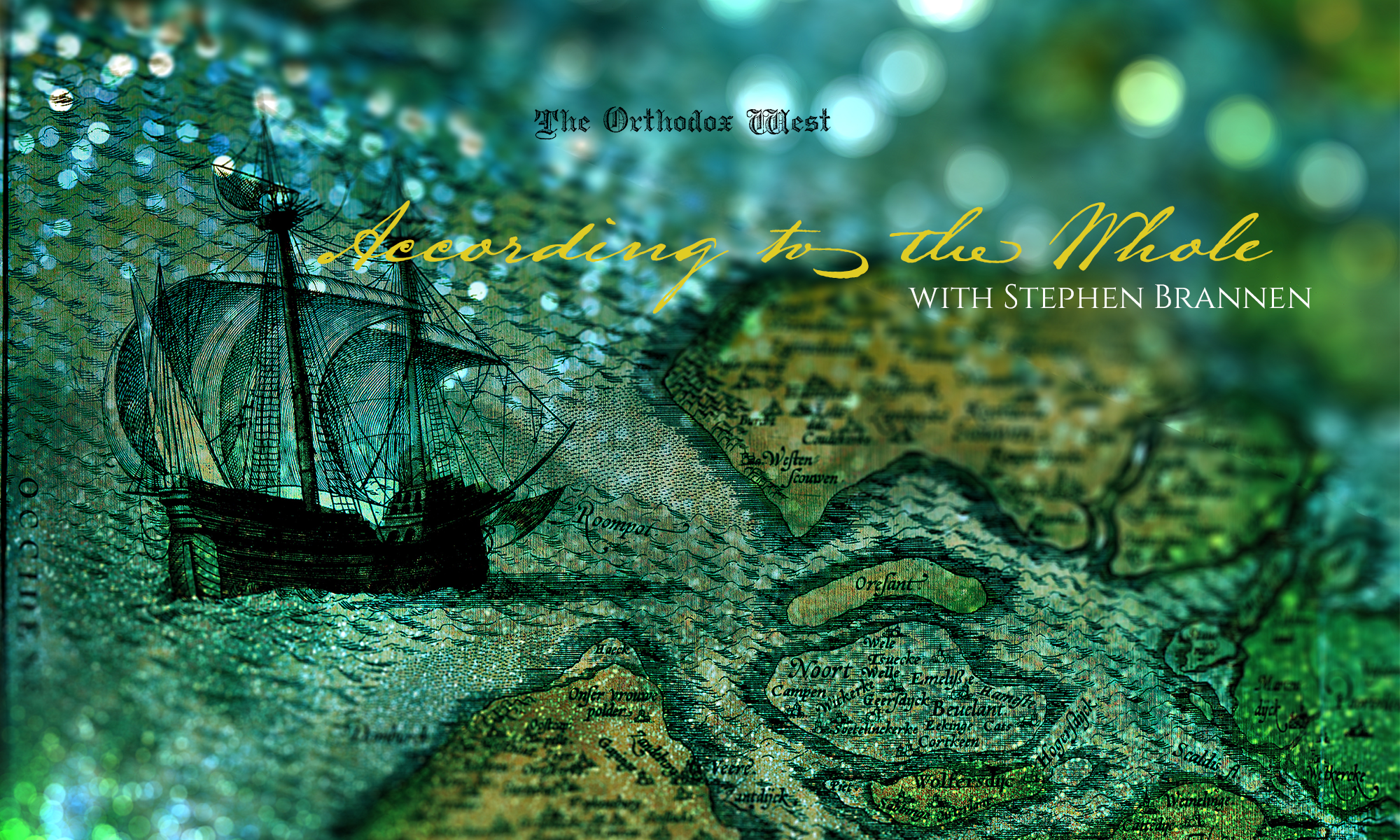The Feast of Epiphany in the Western tradition is an extravaganza of themes. On the feast day itself, January 6, it’s true that the primary theme is that of the visit of the magi to the Christ child. But in the various antiphons and hymns of that day, it’s linked to its octave day (8 days later) and the Sunday following its octave. On those days, the themes of Christ’s baptism in the Jordan and of his first miracle at the wedding in Cana are observed, respectively. While these themes get their due attention individually on their own days, they all stay linked together through at least some of the language in each of their liturgies.
The reason for the linking of these three themes and stories is that they each reveal or make known something of the person of Jesus. The story of the miracle at Cana reveals Jesus to be a wonderworker with the power over nature. The story of Christ’s baptism, which the Eastern Tradition gives pride of place to by celebrating on January 6, is the most ontologically weighty theme, revealing both the divine nature of Jesus and also the Trinitarian nature of God. The story of the magi, which the West prioritizes as the central theme, is the most soteriologically significant, as it reveals that the King and Messiah prophesied throughout the Jewish Scriptures is revealed now to the Gentiles. This event universalizes the salvation of God and his grace and promises beyond just the Hebrews to all the nations and all the world.
But taken together, each of these themes serves as a facet of the grand Epiphany-tide jewel, the bright treasure of the revelation of God in Jesus Christ. If in Christmastide we celebrate the fact of the Incarnation of God, in Epiphanytide we celebrate the revelation of what the Incarnation means, and of the word getting out. Even all the following weeks after Epiphany, all the way to Septuagesima, can be understood in this light. This is why the Church in the West has chosen to so clearly link the three main themes of Epiphany in her liturgical language:
-Beginning at I Vespers of Epiphany, the office hymn has these three verses
To greet his birth the wise men went | Led by the star, before them sent; | Called on by light, t’wards Light they pressed | And by their gifts their God confessed.
In holy Jordan’s purest wave | The heav’nly Lamb vouchsafed to lave; | That he, to whom was sin unknown, | Might cleanse his people from their own.
New miracle of pow’r divine, | The water reddens into wine; | He spake the word and poured the wave | in other streams than nature gave.
-At Matins on Epiphany Day, the Responsories after the lessons mention both the wise men—“The kings . . . shall bring gifts…“—and the baptism—“Today when the Lord was baptized in Jordan…“
-The antiphon on the Benedictus at Lauds / Morning Prayer on Epiphany day proclaims,
Today the Church is joined to her heavenly Bridegroom: because in Jordan Christ hath washed away her sins, the wise men with their offerings hasten to the royal marriage, and the guests are regaled with water made wine, alleluia.
-At II Vespers of Epiphany Day, the antiphon on the Magnificat lays it out clearly—
Now do we celebrate a holy day adorned by three miracles: today a star led the wise men to the manger; today water was made wine at the wedding feast; today Christ vouchsafed to be baptized of John in the Jordan that he might save us, alleluia.
More examples of the blending of these themes abound in the Mass and Office poetry from Epiphany to its octave to the Sunday following. These revelations, these manifestations, taken together, propel the Church to a renewed and extended meditation and celebration of who Christ is, in himself and for the world.
When Christ’s appearing was made known,
King Herod trembled for his throne;
But He who offers heavenly birth
Sought not the kingdoms of this earth.The eastern sages saw from far
And followed on His guiding star;
By light their way to Light they trod,
And by their gifts confessed their God.Within the Jordan’s sacred flood
The heavenly Lamb in meekness stood,
That He, to whom no sin was known,
Might cleanse His people from their own.And O what miracle divine,
When water reddened into wine!
He spake the word, and forth it flowed
In streams that nature ne’er bestowed.All glory, Jesus, be to Thee
Hostis Herodie Impie, tr. John Mason Neale
For this Thy glad Epiphany:
Whom with the Father we adore
And Holy Ghost forevermore.

